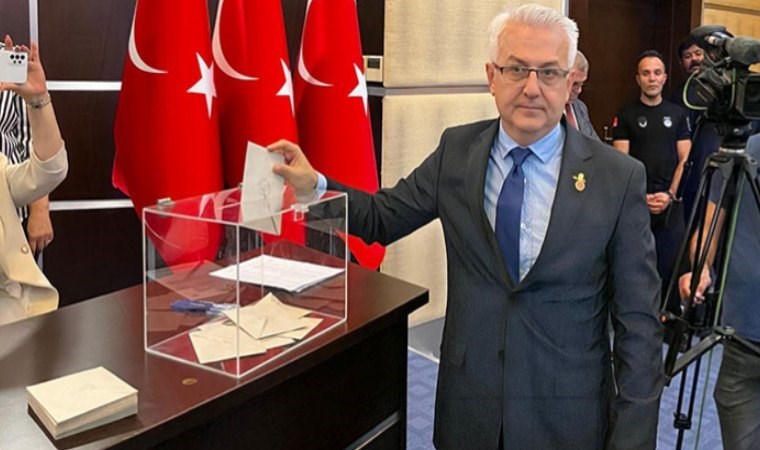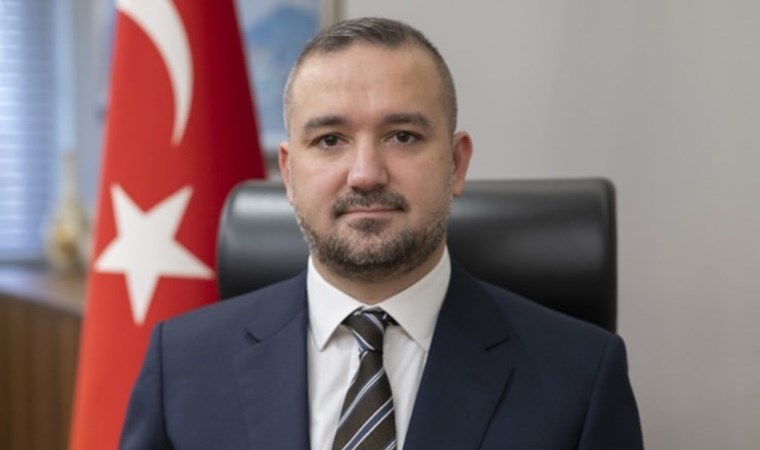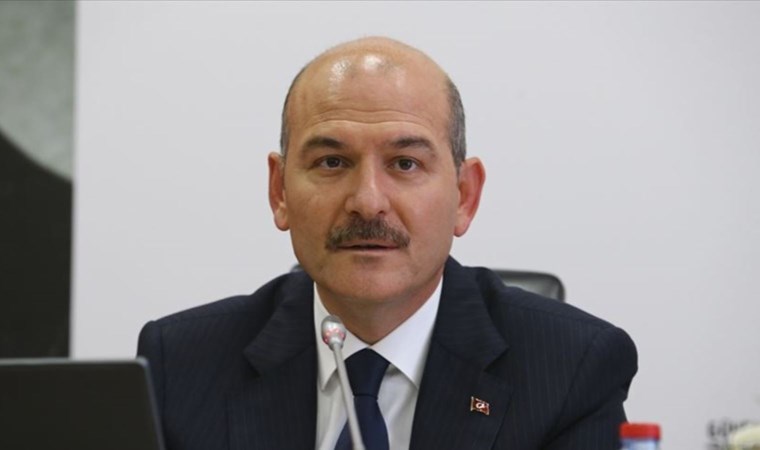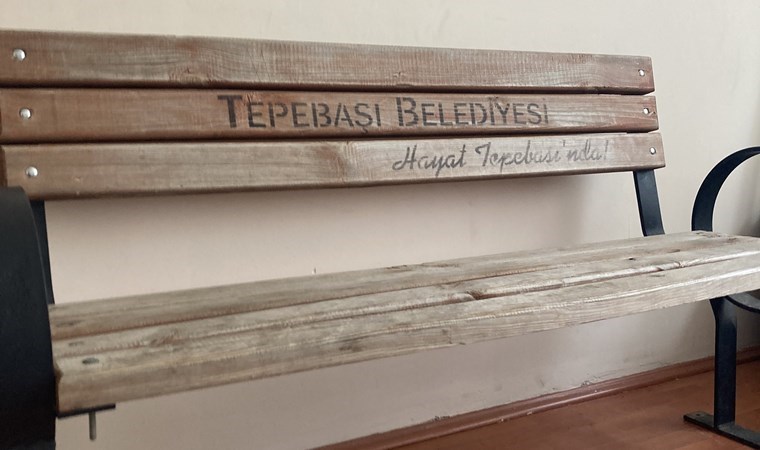Lynch decree
Under the new decrees with the force of law, a direct pardon has been introduced for all those who came out onto the street in opposition to the 15 July coup attempt. Through the wording in the decree, “quelling acts of terrorism and acts constituting their continuation,” attacks on all kinds of resistance by the opposition have been legitimised.
Alican Uludağ
The government has brought new antidemocratic implementations into force under Decree with the Force of Law number 696 within the state of emergency. Under the decree, people who act/acted “while participating in quelling the coup attempt that was staged on 15 July 2016 and acts of terrorism and acts constituting their continuation” have been relieved from “civil-law, administrative, financial and penal” liability. Under this provision, those who lynched and cut the throats of a number of soldiers on the Bosphorus Bridge during the 15 July coup attempt have been granted absolute immunity through the granting of a direct pardon. Thanks to the loose wording, “quelling acts of terrorism and acts constituting their continuation,” attacks by “paramilitary” forces on potential future Gezi Resistance-style actions will be legitimised.
Detainees and convicts held in prison under the Counter-Terrorism Law will now appear at hearings in uniform attire. Those detained for “breach of the constitution and attempting to overthrow the government” will wear “almond-brown” jumpsuits, while those in jail for other crimes under the Counter-Terrorism Law will wear grey ones. Those who refuse to wear the uniform attire will be punished with a visitation ban. Common crimes such as rape, drugs and manslaughter have been excluded from the implementation. Under the decree, appeal courts will no longer be able to pass reversal rulings in instances of “restriction of the right of defence.”
Uniform attire
Regulation was made in Decree with the Force of Law number 696 that was promulgated in the Official Gazette yesterday that will directly affect trials and investigations.
Regulation has been made under the decree that “Those who have been detained or convicted for crimes falling under the Counter-Terrorism Law number 3713 must, on being taken out of the penal institution to be transported to a hearing, wear the attire provided by the penal institution management.” Under these provisions, those detained and convicted under Article 309 covering offences aimed at overthrowing the constitutional order and Article 312 regulating the attempt to overthrow the government of the Turkish Penal Code number 5237 will wear “almond-brown” jumpsuits. In other words, this will apply to those detained and convicted in connection with the 15 July coup attempt. Journalists Ahmet Altan, Mehmet Altan and Nazlı Ilıcak, who are on trial for breach of the constitution, will have to wear almond-brown jumpsuits.
Those detained and convicted for other offences falling under the Counter-Terrorism Law, in turn, will wear grey coloured jumpsuits with combined bodice and trouser sections. The regulation will not however apply to those imprisoned for common crimes.
Not only those on trial for FETO membership will wear the grey jumpsuit. Uniform attire will apply to certain detained journalists, not least the Cumhuriyet-trial detainees Akın Atalay, Murat Sabuncu and Ahmet Şık, and certain detained parliamentarians including HDP Co-Chair Selahattin Demirtaş.
Implementation in one month
However, it is possible for women detainee and convicts’ attire not to be combined jumpsuits. Children and pregnant women, on the other hand, will be excluded from the uniform attire implementation. The uniform attire implementation will be specified in a regulation to be issued within one month. The provisions of this article will be applied as of the date on which the regulation in question takes effect. Those who do not wear the uniform attire while being taken to hearings or damage the attire provided will be punished by “denial of approval for visitors.” This punishment entails not being brought to attend visitations for anything from one month to three months.
Measure to preempt release
An amendment to the rules governing trials has also been made under the decree. An amendment has been made to the wording in Article 104 of the Code of Criminal Procedure, “Decisions to extend the detention of suspects or defendants or release them shall be passed by the judge or court. Denial decisions may be objected to” such that the phrase “denial decisions” has been changed to “such decisions.” The way has thus been opened for objection to be made if release is ordered.
Phone tapping authorisation for ministry
The Council of State annulled the regulation issued by the Ministry of Justice on monitoring communications by telecommunications means and implementing surveillance measures through undercover investigators and technical equipment in its entirety on the grounds that it “lacked authority”. Under the decree, the issuing of surveillance measures through phone tapping and technical equipment has been inserted into the Code of Criminal Procedure. The ministry will thus reissue the regulation.
Trial without lawyer
In the event that lawyers “do not attend hearings,” hearings may be continued and judgment passed. Provision has been made, in place of the rule that defendant and witness testimony, evidentiary inspection records and other correspondence entering the case file by order are to be read in court, for them just to be described. The same will apply during appeal proceedings.
A new regulation has been introduced in connection with the ongoing overturning crisis between the regional courts of justice and local courts. Accordingly, in the case of appeals where “the judgment does not contain grounds pursuant to article 230” and “the right of defence was restricted by order of the court in matters that are important for judgment,” a reversal decision cannot be passed and the case remitted to the local court for re-examination.
With judgments involving penal sentences of ten or more years, the practice whereby the Court of Cassation will conduct its examination with a hearing “at the wish of the defendant or participant in their application for cassation” or ex officio has been amended. The defendant or their lawyer will no longer be able to apply for cases involving penal sentences of ten or more years to be held with a hearing. Under the amendment, the rule has been introduced that in such circumstances “it may be held with a hearing if the Court of Cassation sees fit.”
Penal immunity for “partisan militias”!
A highly contentious regulation has been introduced under the decree. Accordingly, people who act/acted while participating in quelling the coup attempt that was staged on 15 July 2016 and acts of terrorism and acts constituting their continuation, regardless of whether or not they were in an official capacity or were carrying out an official duty, will bear no civil-law, administrative, financial and penal liability in respect of this. Under a decree that had previously been issued, public servants who had duties in this connection were relieved from liability. Under yesterday’s decree, immunity has been granted to all the civilians who went into the street and intervened during the 15 July coup attempt. However, the loose wording of the regulation has created controversy. This regulation has resulted in absolute impunity for all manner of instances of killing and wounding committed on the evening of 15 July and by way of continuation.
For example, civilians who decapitated and lynched a number of soldiers on the Bosphorus Bridge have evaded investigation. Additionally, by imposing no limit with mention of “quelling acts constituting their continuation,” those who act “while participating in quelling a coup attempt and acts of terrorism that may subsequently take place and acts constituting their continuation” have been given a legal shield in advance. This article will, in particular, also lead to attacks on resistances in the manner of Gezi, which the government has called a coup attempt, being exempted from investigation.
Exemption from military service
Pursuant to Article 21 of the Counter-Terrorism Law number 3713, the children and brothers of “those who lose their lives from among people who assist or aid in exposing acts of terrorism, or mitigating or eliminating their effects” have been fully exempted from military service. Under this provision, those who are liable to perform military service and have done so are also exempted. As to public servants, including village guards, who lose their lives in the course of combatting terrorism, only one of their children and brothers will not join the army. By virtue of this, none of the children and brothers of the 250 citizens who lost their lives during the 15 July coup attempt will join the army.
Own people in the senior judiciary
The number of Court of Cassation and Council of State members has been increased again. This sees one hundred new places opened at the Court of Cassation and sixteen at the Council of State and it has been resolved that an election be held for this by the Supreme Board of Judges and Prosecutors within six months. During the constitutional change on 12 September 2010, the government, which was in alliance with the Gulenists, increased the number of members of the Court of Cassation from 250 to 387 and the number of members of the Council of State from 95 to 156. In the election held on that date, people from the ranks of the Gulenists were brought into the Council of State and Court of Cassation as a block
As time progressed, the government had increased the number of members of the Court of Cassation from 387 to 516. One month prior to the 15 July coup attempt, however, the number of members of the Court of Cassation was reduced from 516 to 316 with workload cited as the reason.
In the same way, the number of members of the Council of State was reduced to 90. The basic purpose of this measure, for which workload was cited as the reason, was to purge the members adjunctive to the Gulenists. It has been learnt that the purpose of now increasing once more the number of members of the two senior judicial organs is to dispel the nationalist-social democratic alliance that has formed here.
Restructuring of the ranks
The reduction over three years of the number of chambers at the Court of Cassation to 24 has been extended to five years. The Joint Civil Chambers and Joint Penal Chambers will consist of twenty members each to be appointed by the First Presidential Board, such that there will be at least one member from each civil and penal chamber.
The quorum for meetings and discussions in the chambers will be fifteen. Decisions will be passed with the vote of two-thirds of those present at the meeting. Following the appointing of the new members to the Council of State and Court of Cassation within six months, the First Presidential Board will determine which chambers the new members will serve in and the Joint Civil and Penal Chambers’ members.
Seventeen-year seniority condition abolished
The condition of having seventeen years’ professional service as judge and prosecutor to qualify for election to the Court of Cassation has been abolished. To enable judicial and administrative judges/prosecutors to be elected to the Court of Cassation and Council of State it will now be sufficient for them to have worked in these posts with success for at least three years after having been assigned to the first class and without losing the prerequisites for being assigned to the first class. The ruling party has thus opened the way for judges and prosecutors who are close to it and have been inducted into the judiciary recently to become Court of Cassation members immediately.
The health expenses of the Court of Cassation and Council of State president, chief prosecutor, deputy presidents, chamber presiding judges and members along with those of their retired family members and family members they are obliged to care for will be paid by the Court of Cassation and Council of State presidencies subject to the provisions applicable to members of parliament.
Judges by-passed
Judges have been by-passed when it comes to leave granted to detainees in prison “on the death of a relative by blood or marriage up to the second degree or a spouse” and “in the event that one of a mother, father, spouse, brother, sister, child or spouse’s mother or father are gravely and seriously ill so as to pose a mortal threat.” During the prosecution stage, such leave will be granted, not by a judge or court, but “at the proposal of the most senior supervisor at the penal institution and with the approval republic chief prosecution.” Apart from terrorism offences, organisational offences and crimes against sexual inviolability, the practice of sending those who have received penalties of no more than three years for intentional crimes or five years for those committed through negligence directly to an open penal institution has been put off for another five years from 2017 to 2022.

En Çok Okunan Haberler
-
 Kepez Belediyesi'nde yeni başkan belli oldu
Kepez Belediyesi'nde yeni başkan belli oldu
-
 ‘Haddini bilsin, tepemin tasını attırmasın’
‘Haddini bilsin, tepemin tasını attırmasın’
-
 Merkez Bankası faiz kararını açıkladı
Merkez Bankası faiz kararını açıkladı
-
 AKP'li isimden istifa çağrısı!
AKP'li isimden istifa çağrısı!
-
 Dilan ve Engin Polat çiftinin yargılandığı davada karar
Dilan ve Engin Polat çiftinin yargılandığı davada karar
-
 'Kapıdan içeri sokmayın'
'Kapıdan içeri sokmayın'
-
 Evlilikte şanslı olan 4 burç!
Evlilikte şanslı olan 4 burç!
-
 Soylu geri mi dönüyor?
Soylu geri mi dönüyor?
-
 Çorlu tren katliamı davasında karar!
Çorlu tren katliamı davasında karar!
-
 Motorin indirimi pompaya yansıdı
Motorin indirimi pompaya yansıdı

















